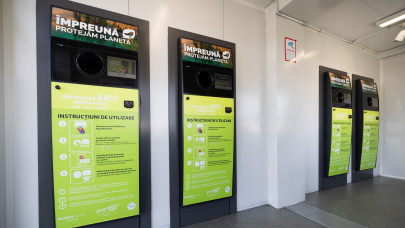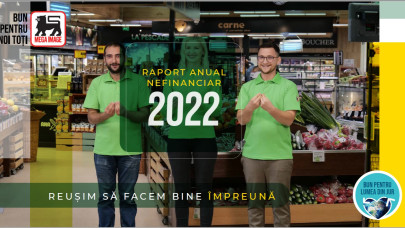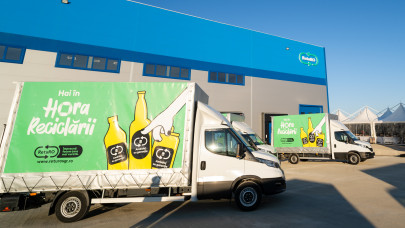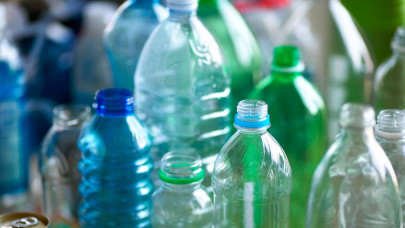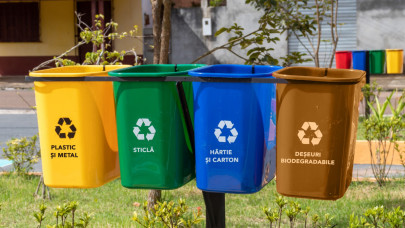By implementing this recycling system, the process of issuing physical cards becomes more sustainable: card production is made from recycled plastic from 2022, paper and envelopes from recycled paper are used, and the circle is closed by recycling cards collected from customers.
In 2022, ING Bank initiated the transition of its card portfolio to a sustainable alternative, made of recycled plastic, which offers the same durability and quality as bank cards. Through this approach, the bank reduces the carbon footprint of newly issued cards by 75%, while the energy required to produce them decreases by 54%.
"We encourage ING Bank Romania customers, holders of physical cards, to return them to any ING office when they expire. Following the recycling process, the cards will be returned to common use in another form, that of plastic pipes. Moreover, our call to customers is to use the ING virtual card, a payment method that is simpler to use and at least as secure. The virtual card is issued directly from the ING Home'Bank internet and mobile banking application, through a 100% online process. The functionalities of the virtual card are identical to those of the physical card, from payments to merchants via POS, to online payments or cash withdrawals at any ING and non-ING ATM - where the option is made available by other banking institutions", says Cristian Lia, director of Card Development, ING Bank Romania.
With the adoption of the recycling policy, ING cards belong to the category of fully recyclable products, with a low impact on the environment during their entire life cycle, from production to destruction. 100% of ING's newly issued cards use rPVC, while 30% of the existing portfolio is already issued on rPVC.


